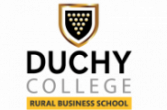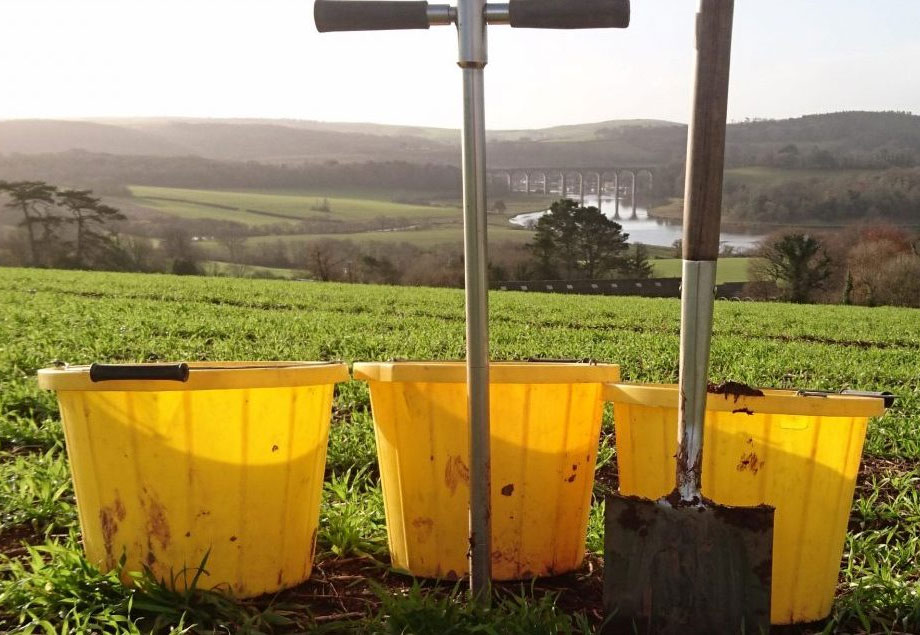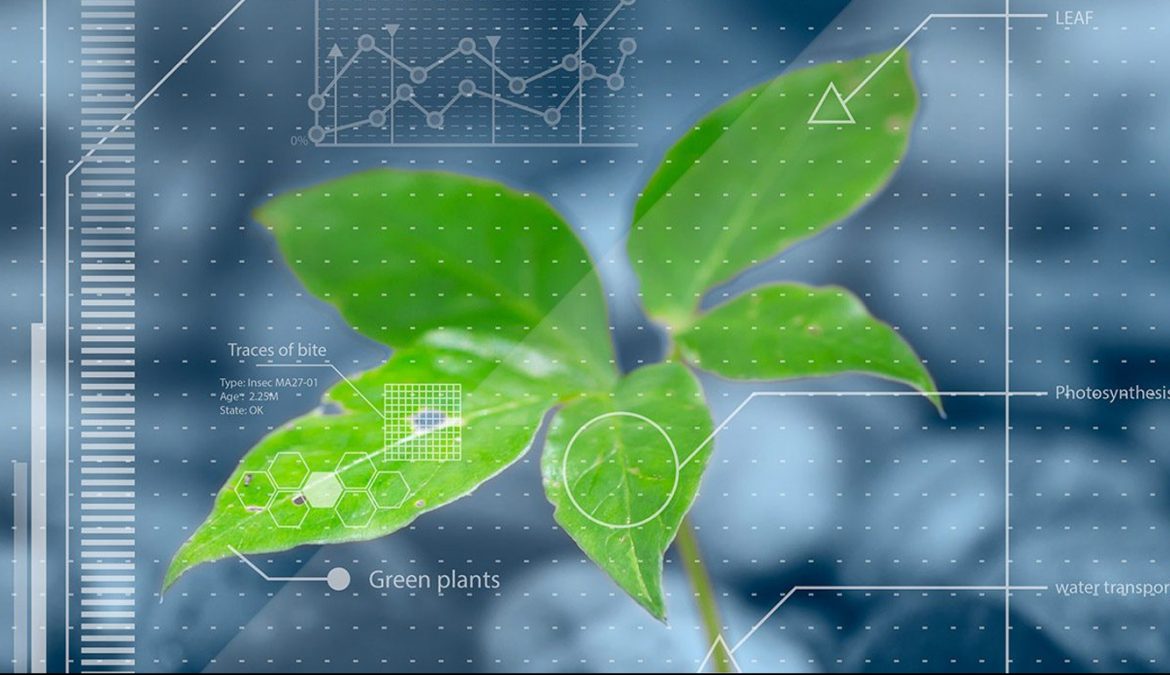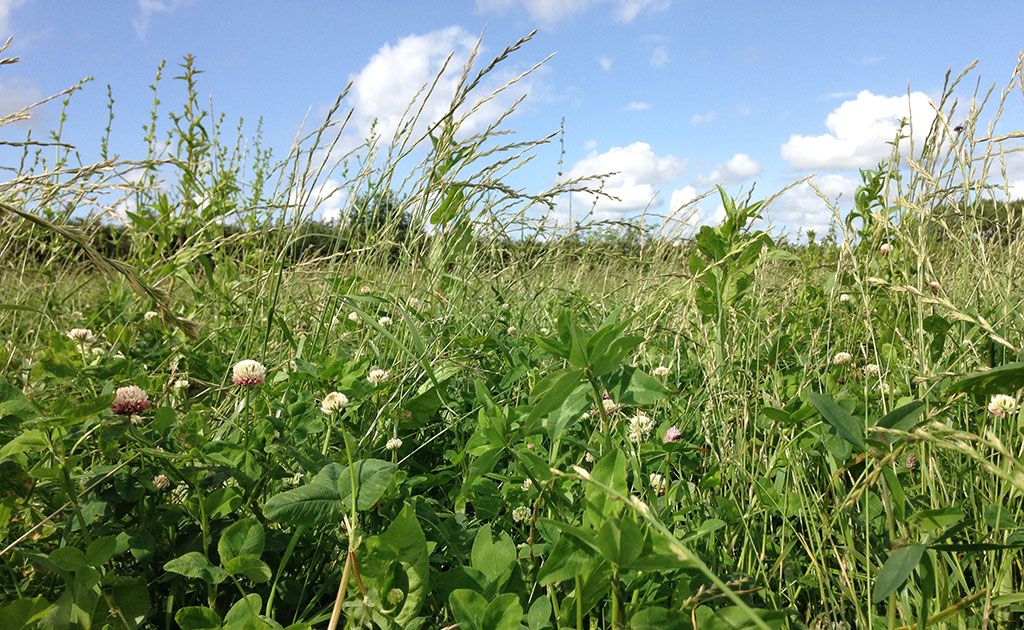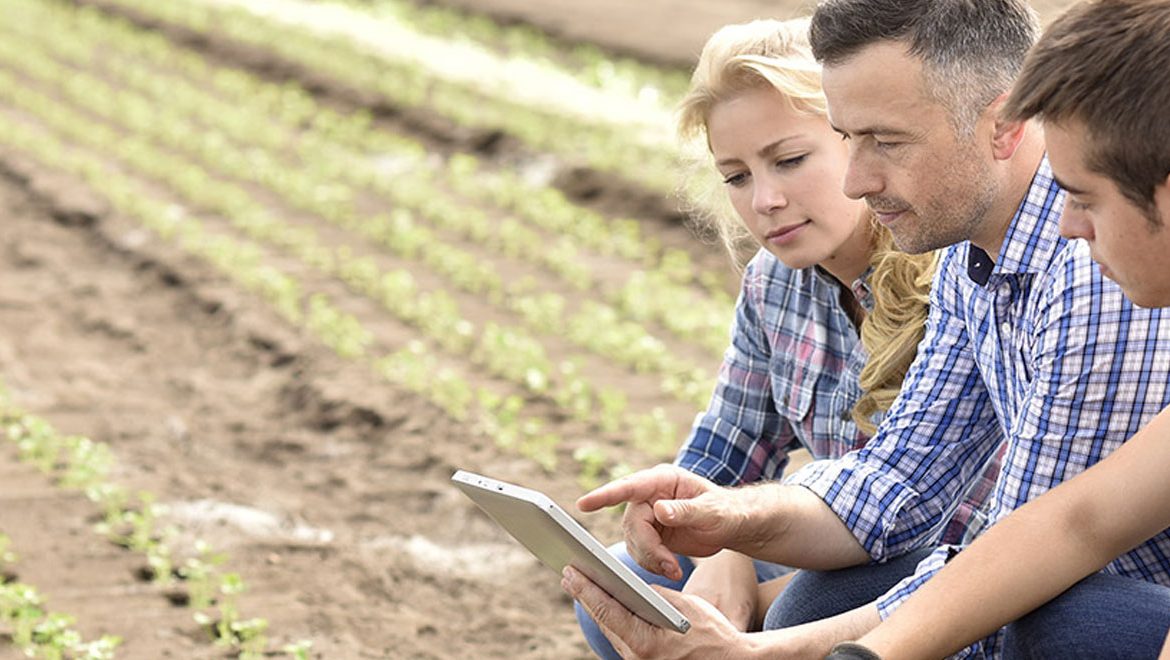The Soil Carbon Project was an innovative project that aimed to help Cornish farmers manage soils in a more sustainable and profitable way. Interest in soils has risen dramatically in recent years, with the prospect of farmers receiving payments for environmental goods and services becoming ever more likely. The Soil Carbon Project was a collaboration between Duchy College’s Rural Business School, Rothamsted Research North Wyke and the University of Plymouth with funding from Agri-tech Cornwall. It aimed to develop protocols for measuring and valuing soil health and carbon sequestration that are scientifically robust and practical.
While interest in the subject continues to increase, a great deal of uncertainty around measurement and management of soil health remains. This project worked to uncover what is happening beneath Cornish farms and develop practical solutions to valuing the hidden asset that puts Cornwall at the forefront of this emerging science.
The project had three main objectives:
- To understand the best methods for monitoring soil health (both in-field and in the lab)
- To assess the impact of management practice on soil health
- To investigate the impact of soil carbon on the whole-farm carbon footprint
The project involved a network of 85 farms, reflecting a range of soil types and enterprises, as well as a collaboration with Rothamsted Research North Wyke and the University of Plymouth. One of the primary aims was to work out a consistent set of metrics that can be used to identify and quantify changes in soil health and carbon levels, which could provide an evidence base to support future policy changes.
A Soil Carbon Field and Lab Guide has been produced to summarise the project’s main findings and offer some guidance on best practice to farmers and advisors.
To find out more please contact Stephen Roderick on 01209 722148, email s.roderick@cornwall.ac.uk or Alex Bebbington on 01579 372370.
